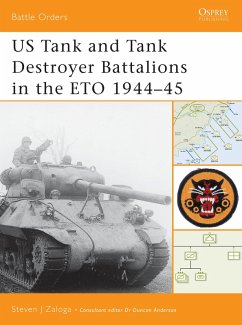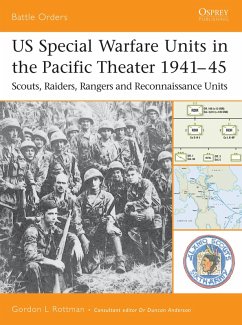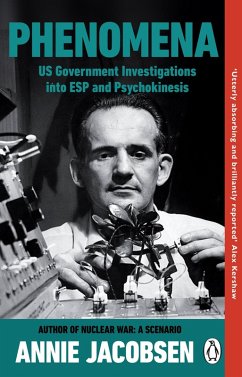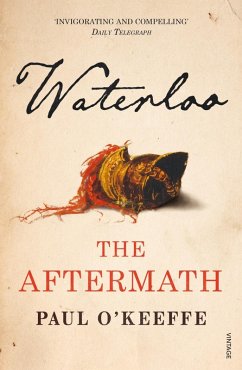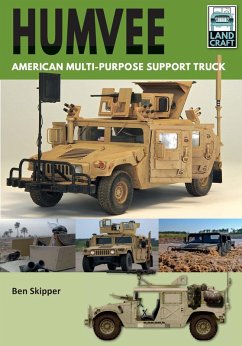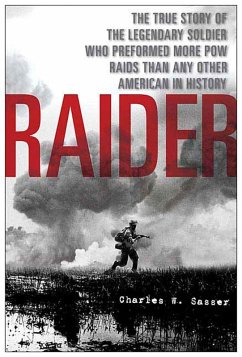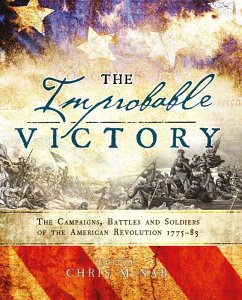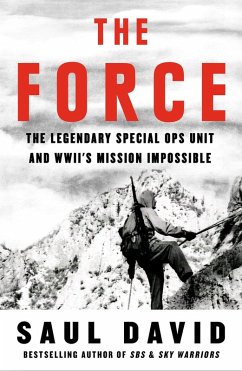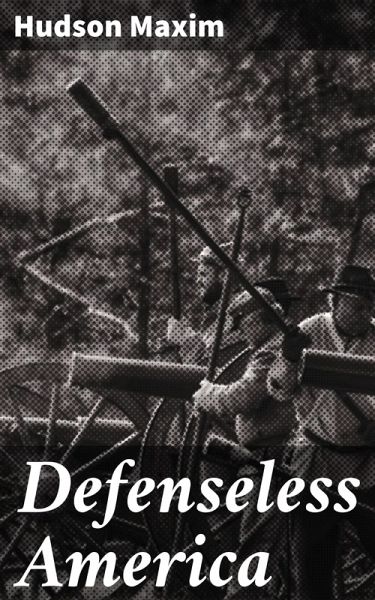
Defenseless America (eBook, ePUB)
Securing the Nation: A Historical Analysis of America's Strategic Vulnerabilities

PAYBACK Punkte
0 °P sammeln!
In "Defenseless America," Hudson Maxim presents a compelling treatise on the vulnerabilities of the United States in the face of potential military threats. Drawing from his expertise in ordnance and explosives, Maxim critiques contemporary defense strategies while advocating for a more robust military infrastructure. His literary style is both accessible and didactic, employing persuasive rhetoric to engage his readers, while intricately weaving historical examples and vivid analogies that resonate with the political climate of the early 20th century. This work not only serves as a manifesto ...
In "Defenseless America," Hudson Maxim presents a compelling treatise on the vulnerabilities of the United States in the face of potential military threats. Drawing from his expertise in ordnance and explosives, Maxim critiques contemporary defense strategies while advocating for a more robust military infrastructure. His literary style is both accessible and didactic, employing persuasive rhetoric to engage his readers, while intricately weaving historical examples and vivid analogies that resonate with the political climate of the early 20th century. This work not only serves as a manifesto for national defense but also as a reflection on the social and ethical implications of preparedness during a time of increasing global tensions. Hudson Maxim, a pioneering figure in the field of explosives engineering and munitions, was profoundly influenced by the events leading up to World War I. His experiences as a consultant and inventor in military technology illuminated the urgent need for America to bolster its defenses against foreign aggression. This background imbues the text with a sense of urgency and authenticity, as he argues for a paradigm shift in how America perceives its own security and preparedness. "Defenseless America" is a must-read for scholars of military history, policy-makers, and anyone engaged in the discussion of national security. Maxim's insights remain relevant today as they challenge readers to reconsider the precarious balance between disarmament and defense, making this work an engaging and thought-provoking addition to the conversation on America'Äôs role in global security.
Dieser Download kann aus rechtlichen Gründen nur mit Rechnungsadresse in A, B, BG, CY, CZ, D, DK, EW, E, FIN, F, GR, H, IRL, I, LT, L, LR, M, NL, PL, P, R, S, SLO, SK ausgeliefert werden.




